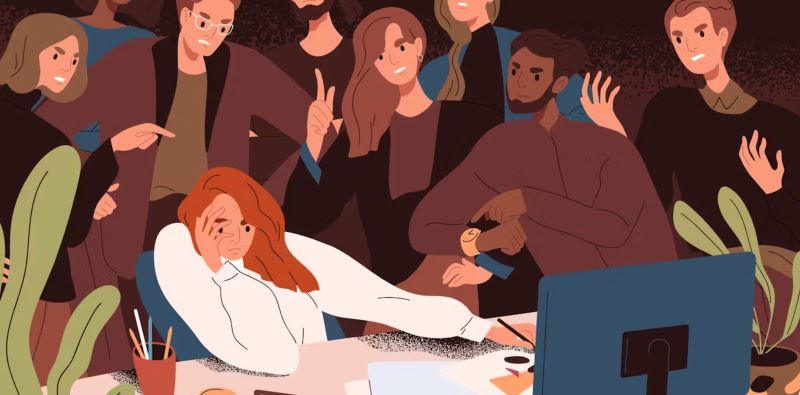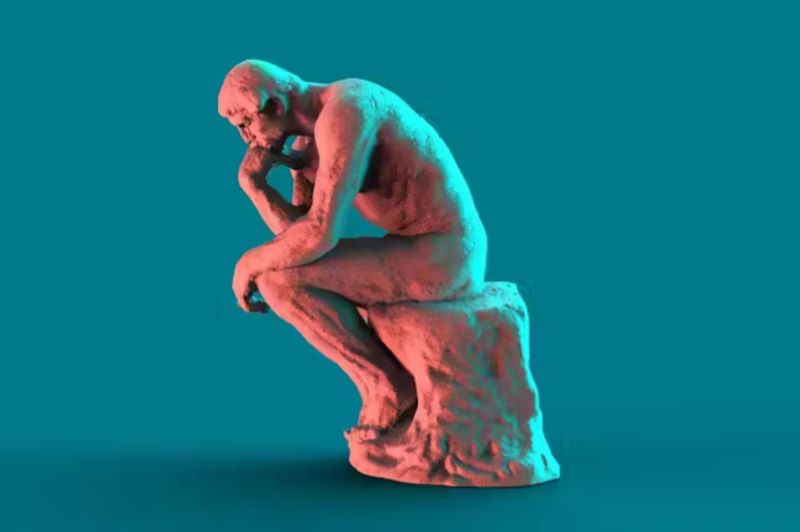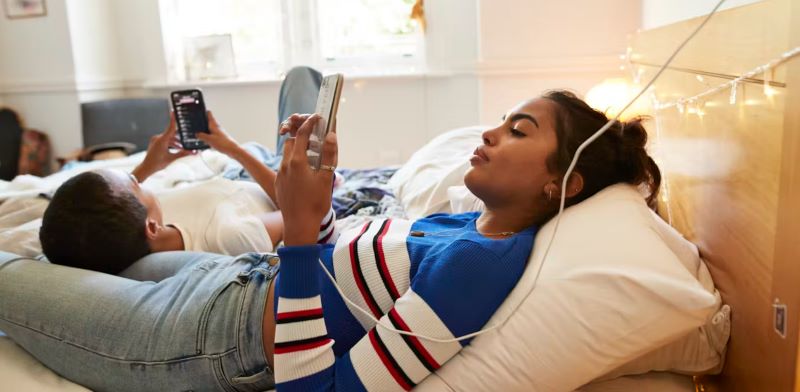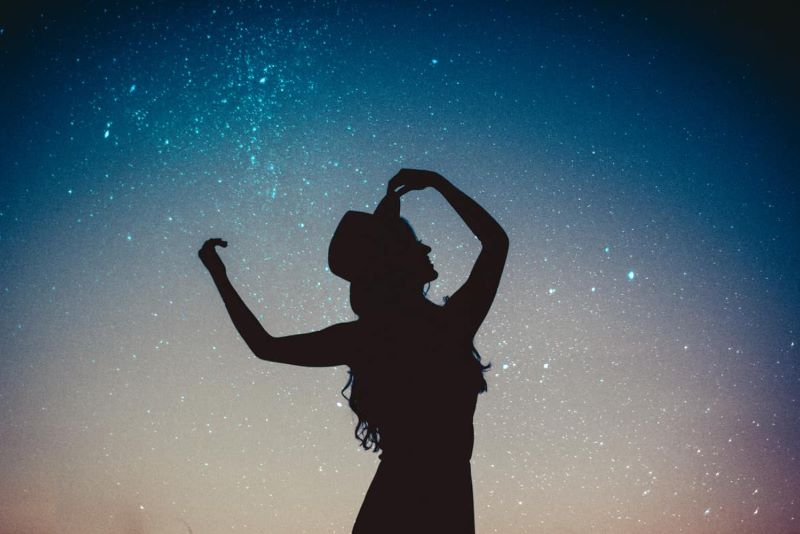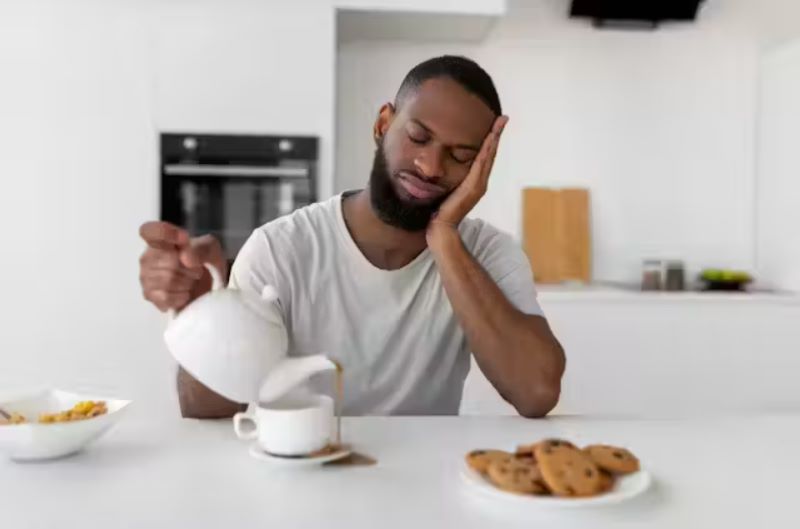

By Gabes Torres
Psychotherapist, organizer, and artist
Introduction
Last year, I was at the brink of serious burnout. My family wasn’t doing well. My organizing community faced crisis after crisis. I was lonely in my continued search for friends after moving again. I felt depleted in every sense.
One day, I turned to my phone to relieve some stress. There I saw Instagram stories of friends and acquaintances going out of town to take the weekend off. Others were showcasing their newfound love. A handful of folks shared their visit to a fancy restaurant as a treat for themselves after a long week. Watching my peers feast and relish in their respective enjoyments stirred some contempt in me. I internally criticized them for having a good time without knowing and addressing the present tragedies in the Global South. This was the case even when some of the Instagram stories were shared by fellow organizers or those whose politics I resonate with.
I mindlessly imagined them giving away their time and money to things less important than donating to necessities in my impoverished whereabouts. It took a couple days of private judgy commentary before I realized: I was harsh about their access to pleasure because I was depriving myself of my own. And whenever I deprive myself of pleasure, it usually means I am disconnected from my body, my emotions, and, ultimately, from my authentic sense of self.
Eros and the Revolution
“The Erotic as power,” are Audre Lorde’s timeless words from her essay, “Uses of the Erotic.” It is not uncommon for people to view the erotic as solely about sex and sensuality. While those are foundational concepts, Lorde views eroticism more expansively:
“The very word erotic comes from the Greek word eros, the personification of love in all its aspects—born of Chaos, and personifying creative power and harmony. When I speak of the erotic, then, I speak of it as an assertion of the lifeforce of women; of that creative energy empowered, the knowledge and use of which we are now reclaiming in our language, our history, our dancing, our loving, our work, our lives.”
Lorde’s view of the erotic meant an aliveness found in multiple places and experiences beyond sex, such as doing creative work, moving through the spectrum of emotions, and participating in solidarity work. She addresses the need to use the erotic specifically to women because of how we’ve been socialized to suppress and be suspect of our desires.
Lorde’s essay harmonizes with Esther Perel’s views on eroticism. In an On Being podcast interview, Perel elaborates on a similar idea: “I really think it’s so important to understand that eroticism, narrowed down to the pure sexual meaning, is a real reduction of what the word stands for. It’s a transgressive force. It is about breaking the rules. That is erotic, because it takes you outside of the borders of reality and the limitations of life.” Because of its “transgressive” energy, eroticism is inherently disruptive to policies and norms enforced by the systems that aim to stifle the creative, empowering “lifeforce” Lorde talks about—so to then identify and step into one’s desires can be a form of dissent to societal expectations and patriarchal demands.
“Guilty Pleasures”
I’ve never met anyone who feels more guilty about pleasure than activists. I see this both in shared discourse with them and within myself as a community organizer.
Working in social-change movements involves working with oppressed people and within areas devastated by colonization and climate catastrophe. Exposure to poverty and suffering is often high, and it’s easy for activists and organizers to compare their comfort with those whose access is either limited or has been taken away, thus causing guilt in their own pursuit of pleasure.
This guilt can also be tied to capitalism and excess. Living in a culture of “more” conditions us to consume beyond “enough.” As a result, many of us automatically equate pleasure with excess, leaving those of us who are capitalism-critical apologetic and even punitive about feeling good, even though it is a very natural human experience.
“Pleasure is not one of the spoils of capitalism,” adrienne maree brown writes in Pleasure Activism. “It is what our bodies, our human systems, are structured for; it is the aliveness and awakening, the gratitude and humility, the joy and celebration of being miraculous.” We can redefine our relationship to pleasure by separating it from overindulgence—the consumption and escapism that take us away from being present with ourselves, our relationships, and our realities. The erotic invites us to be more present in the moments and areas we feel most alive in and energized for—even when grief and suffering are present.
I had a conversation with Mitzi Jonelle Tan, climate activist and co-founder of Youth Advocates for Climate Action Philippines, about her relationship with pleasure, which shifted from being guilt-ridden to now being “enriched by different kinds of joy.” She brings a balanced perspective and understands that activists and organizers “will go through different seasons in their relationship with pleasure.” Some will consciously decide to momentarily or permanently give up on particular pleasures, while others will finally take a break and step back from the exhaustion and challenges of activism. Tan says that wherever the activist is in their relationship with pleasure and guilt, everyone goes through different stages, it won’t always be perfect, and it is okay.
Tan lights up whenever she is near water, has nonpolitical conversations with friends, and goes to music shows. She shares that “what we are fighting for is a world where everyone is able to access these pleasures,” and organizers and activists are a part of that collective hope. Tan doesn’t lose sight of the fact that “there is joy [even] in frontline work,” showing how a life dedicated to justice is not all sacrifice, and punishing ourselves through the deprivation of rest and pleasure won’t get us free, either.
Stepping Into Our True Selves: One’s Desires and Feelings
Ji-Youn Kim, therapist and co-creator of Processing Rage, considers “Uses of the Erotic” as their “Bible,” guiding and fortifying them in their liberatory practices. In a conversation I had with Kim, they share how they dream of “a delicious, pleasurable, luscious world, where it feels good and orgasmic to be in.” This world, Kim believes, practices deep emotional awareness and expression.
Kim shares that there are three ranges in emotional regulation: 1) the range of emotions that exist; 2) the range of intensities of emotions felt; and 3) the range of emotional expression. With this framework, Kim intends “to live a full-range emotional life,” which does not exclude rage and grief. Kim adds, “Joy felt accessible to me after I became more familiar with my relationships with anger and grief… My capacity for rage and grief shapes my capacity for joy,” alluding to Lorde’s belief that “the erotic is a measure between the beginnings of our sense of self and the chaos of our strongest feelings.”
Kim emphasizes the need to access the full spectrum of emotions, especially as Asian femmes and eldest daughters in immigrant families who’ve been deprived of expressing their feelings, and inevitably their desires. “We are not asked ‘what do you want?’” says Kim, “Instead, we were often told what to do.” Kim then shares an exercise with their clients in which they create a “desire list” for the day, so their clients may practice and even normalize regularly asking themselves what they want.
It is a capitalist tenet to deny emotion and succumb to a robotic numbness, which makes us even more desensitized to our rights and desires. The desensitization is deliberate. Oppressive systems are threatened by our capacity to feel and voice our rights and demands to stay alive, which means that to feel deeply is to be inherently anti-capitalist. When we allow ourselves to feel emotions, we channel the sensitizing energy of eros to stay in the fight and refuse to be numb to the normalization of systemic harm.
The Erotic Fortifies Our Commitment in the Revolution
The more in touch we are with our desires, the more nourished and rested we are to be kind and creative. The opposite can be true (as illustrated in the beginning of this essay)—that when a person is out of touch with themselves (and therefore out of touch with their desires and aliveness), contempt, cruel projections, and even a sense of punishment ooze out. W.H. Auden wasn’t wrong when he said, “As a rule, it was the pleasure-haters who became unjust.”
But when we live into Lorde’s belief of eros, we become more present with ourselves and our bodies, and therefore build a capacity to be more present with our work. We develop better tactics and strategies. We enhance our visions, dreaming and scheming of possibilities beyond the status quo.
With eros, we also increase our ability to improvise and to move through the unknown, which are necessary skills in resistance work. Maria Popova says in her exploration of Lorde:
“To be a complete human being, to fully inhabit your own vitality, is to live undivided within your own nature. No part of us is more habitually exiled, caged, and crushed under the weight of millennia of cultural baggage than Eros—the part that includes sexuality but transcends it to also include our capacity for spontaneity and playfulness, our tolerance for uncertainty, our unselfconscious creative energy.”
To study Lorde’s relationship with eros is to understand that stepping into our desires is a necessity rather than a luxury. The lovers of justice are no different from lovers of aliveness.
Note: There are ways to access pleasure while being mindful of disabled and neurodivergent kin, especially during public events and in private spaces. Ji-Youn Kim guides us through their essay series, “Practicing a Love Ethic in the Ongoing Pandemic Part 1” and “Part 2.”
Originally published by Yes! Magazine, 09.26.2023, under a Creative Commons Attribution-NonCommercial-NoDerivatives 4.0 International license.
